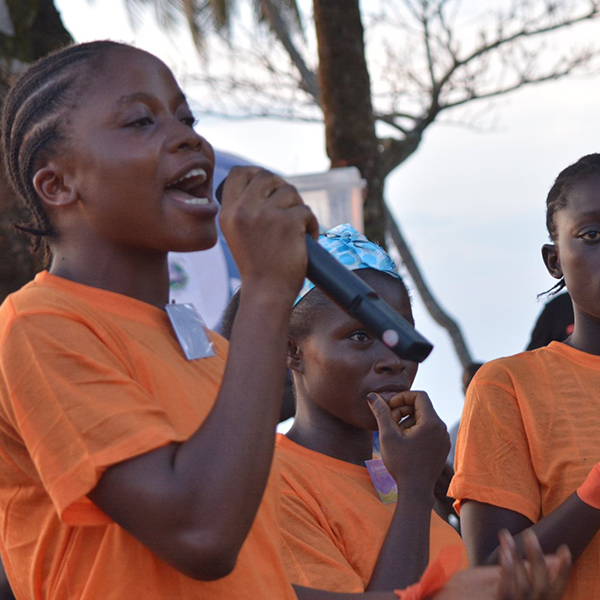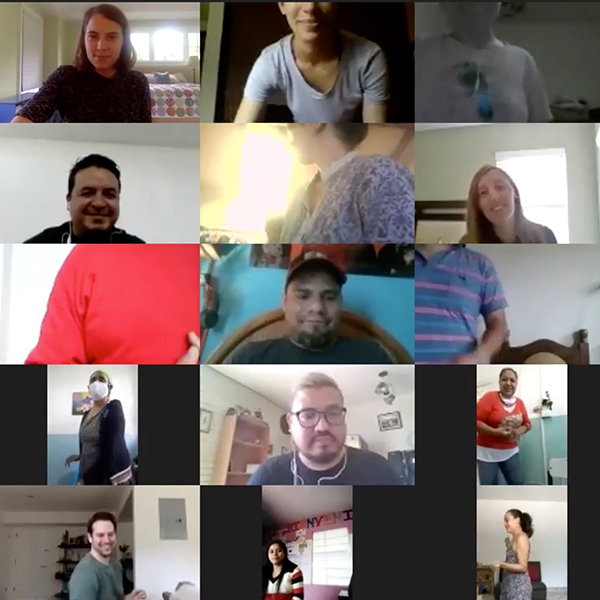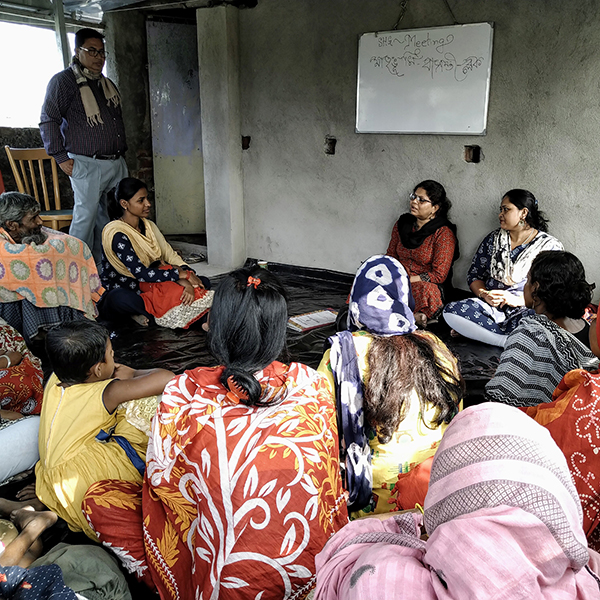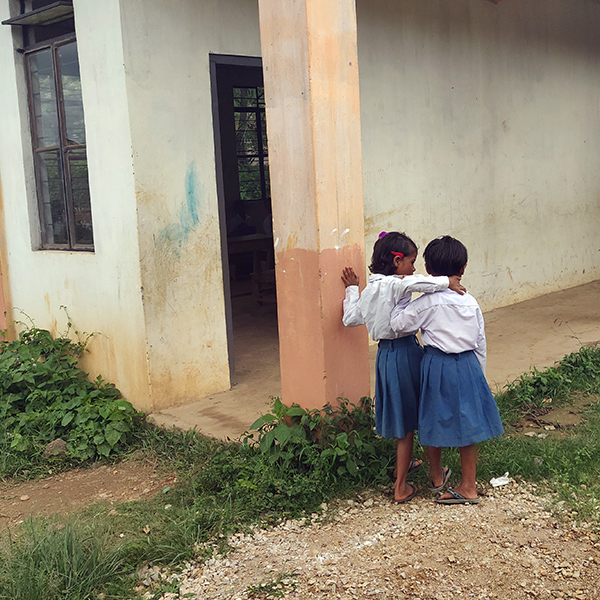This article was originally published on the Asian Venture Philanthropy Network blog.
In 2020, the pandemic pushed technology to the forefront of our lives. It also created spaces for new learning and approaches to our work.
Nonprofits like us that partner with community-based organizations around the world had to adapt to new ways of operating to ensure that the voices of grassroots leaders and community members stayed at the forefront of our work. Here are some of the lessons that we learned along the way.
1. Shifting power is an intentional process and requires work
Shifting power to grassroots leaders, their communities, and the young people they serve is central to our work – but figuring out the best way to do this can be a challenge, especially during a pandemic.
When we held our first virtual South Asia partner convening focused on building community ownership around anti-trafficking, it meant that we could invite our global staff and partner organizations to attend. Without the normal constraints of traditional convenings, we could also host the convening in short sessions over multiple weeks.
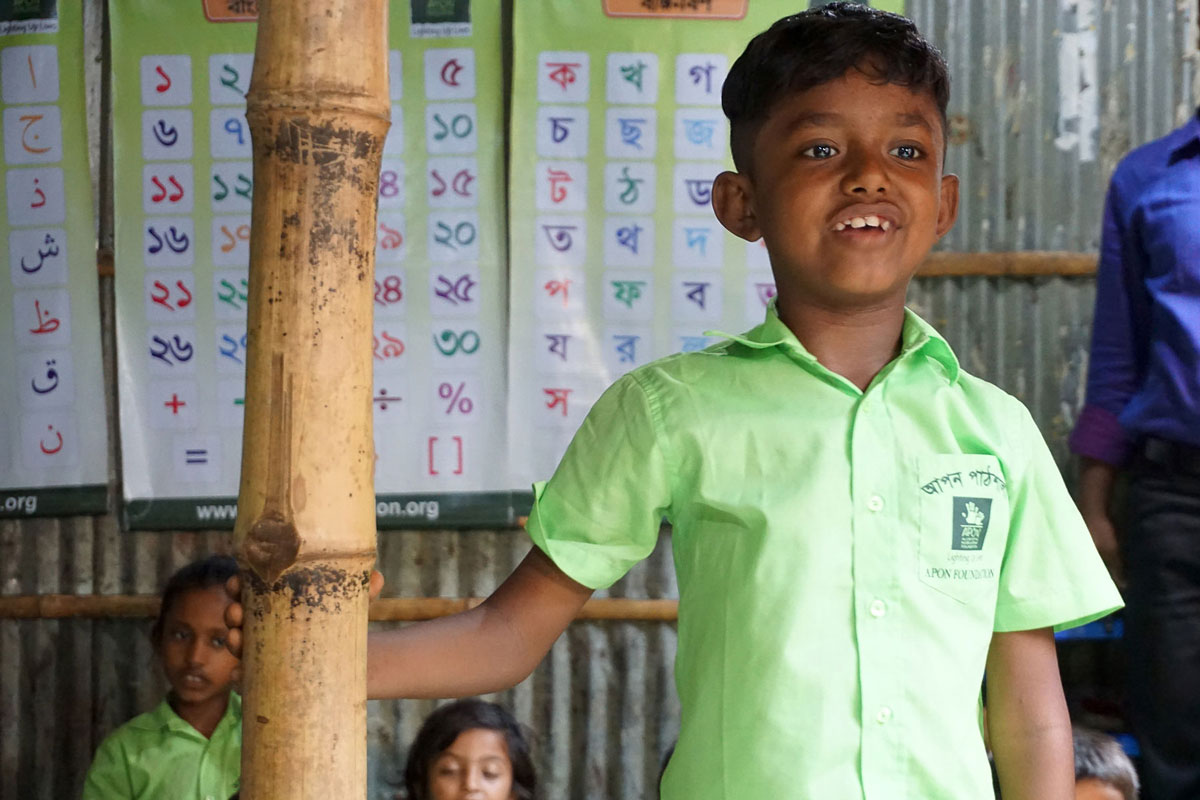
We realized, however, that it was harder to adapt our design and facilitation methodologies, even with all of these new possibilities. We had to ask ourselves, “How are we shifting the power through this convening, and to whom?” This question, asked at numerous points during the planning process, paved the road to more honest internal conversations and one more layer of understanding.
We assumed that we were shifting the power by inviting all staff members from partner organizations, but conferences can be daunting places for many to proactively engage, and mass invitations are not enough to guarantee active participation. If we really wanted the voices of the staff members from our partner organizations – and, eventually, the community members – to be heard, we needed to build their confidence in using Zoom, and give them opportunities to practice their presentations in small, safe spaces.
2. Invest in technological support to bridge the divide
Technology can unite us – but also remains a big divider.
While we were really excited when we could welcome more virtual participants than ever before to our workshops, we soon realized that participants in rural parts of India and Bangladesh struggled to gain decent access to stable Wi-Fi, and were using personal data plans to participate in the convening. This served as a lesson for us to take forward for future convenings: we have to ensure technological costs don’t remain a barrier to active participation. Too many grassroots voices struggle to be heard due to systemic barriers that take years to undo. Access to technology is an easier barrier to overcome and can be tackled through more dedicated funding for technological upgrades, which is particularly important as the nature of work has so rapidly moved online.
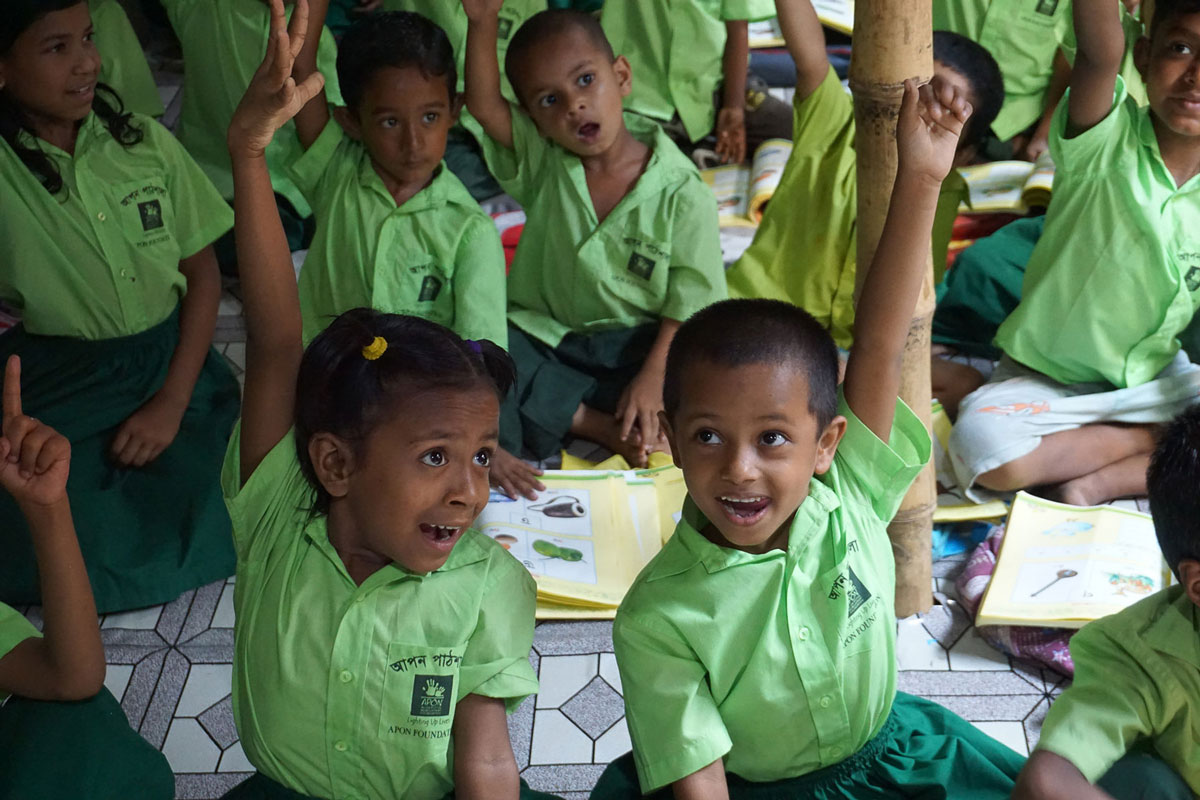
3. Reflect often, listen carefully, and adapt quickly
Each day of our virtual convening ended in a partner-led reflection on what worked and what could be done better. As we heard participants articulate the importance of trust, particularly in online spaces, as key to honest exchanges of knowledge and opinions, we made sure that there was ample time dedicated to small, unstructured breakout spaces for deeper discussions, more personal sharing, and trust-building activities. While we collectively reflected that online convenings are no substitute for in person meetings, they can lead to lasting relationships built on shared values and a common purpose, when facilitated effectively.
GFC is focused on shifting power to grassroots leaders, young people, and local communities, and creating regenerative systems that change the philanthropic landscape. We recognize that shifting power – between donors and grantees, between adults and young people, between governmental and nongovernmental entities, among community members – requires intentionality and persistence. We believe that equitable relationships should be the foundation for any effective collaborative effort, now and in the future, as we all seek to create a world where all children and youth enjoy equal resources and opportunities in society, and live free from violence, discrimination, and exploitation.
Header photo: Members of APON Foundation’s Girls’ Club in Bangladesh, which encourages education and employment as viable alternatives to early marriage. © Global Fund for Children
